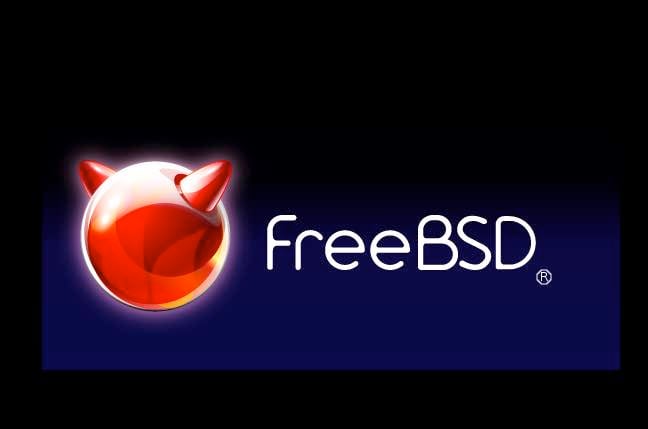Phoronix: FreeBSD 12.2 Beta Available For Testing
While FreeBSD 13 is aiming for release around March of 2021, FreeBSD 12.2 is on the way for releasing next month as the next stable installment...
While FreeBSD 13 is aiming for release around March of 2021, FreeBSD 12.2 is on the way for releasing next month as the next stable installment...


 ).
).
Comment